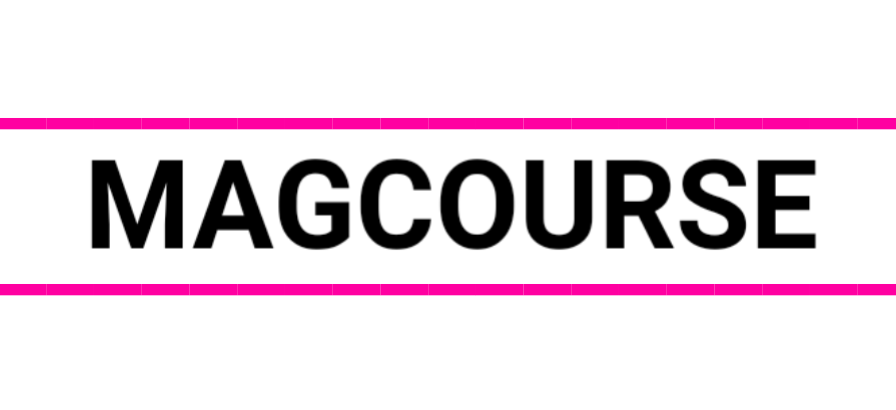
Self Learning Course
What you will learn
The curriculum is designed to provide students with a solid understanding of the principles and practices of quality control in the pharmaceutical industry.
This provides students with an opportunity to learn from professionals who have practical experience in the field.
This can be a valuable experience for students to learn about the industry, network with professionals, and gain practical skills.
This can help students to prepare for and secure employment opportunities after completing the course.
Why take this course?
Based on the comprehensive overview you’ve provided, it’s clear that a Pharmaceutical Quality Control and Assurance course is an essential educational path for individuals aspiring to work within the quality domain of the pharmaceutical industry. The course offers foundational knowledge in GMP regulations, analytical techniques, validation principles, and regulatory affairs, which are crucial for ensuring the safety and efficacy of pharmaceutical products.
Here’s a summary of the key points discussed:
Course Objectives:
- To provide students with an understanding of the roles and responsibilities within pharmaceutical quality control and assurance.
- To educate on regulatory requirements and compliance issues.
- To train in analytical techniques used to verify the quality of pharmaceutical products.
- To develop skills in documenting and reporting data accurately and efficiently.
Career Opportunities:
- Quality Control Analyst
- Quality Assurance Specialist
- Regulatory Affairs Associate
- Validation Engineer
- Quality Control Manager
Salary Package:
- Salaries vary by job role, country, and level of experience. In many countries, the salary for a Pharmaceutical Quality Control Analyst is influenced by factors such as educational background, work experience, specific industry demands, and market trends.
Prerequisites: - A bachelor’s degree in a science-related field.
- English language proficiency.
- Basic computer skills.
- An aptitude for scientific concepts and attention to detail.
- Completion of certain prerequisite coursework, such as organic chemistry, biochemistry, or pharmacology.
Course Features: - A comprehensive curriculum that covers GMP regulations, quality control testing techniques, analytical methods, validation principles, and regulatory affairs.
- Hands-on laboratory training sessions.
- Guest lectures by industry experts.
- Internship opportunities.
- Career support services, including resume writing workshops, interview coaching, and job search assistance.
Educational Background: - To pursue a course in Pharmaceutical Quality Control and Assurance, students typically need to have completed a bachelor’s degree in a science-related field such as chemistry, biology, or pharmacy.
Language Proficiency: - Students must demonstrate proficiency in the English language. This requirement is often met through the submission of standardized test scores from recognized English language proficiency tests like TOEFL or IELTS.
Learning Outcomes: - Graduates are expected to be able to critically assess pharmaceutical products for quality and safety compliance.
- They should be capable of designing, implementing, and managing quality control and assurance systems within the pharmaceutical industry context.
- They ought to be adept at communicating effectively in both written and verbal forms regarding pharmaceutical quality control and assurance matters.
Choices for Aspiring Pharmaceutical Quality Control and Assurance Professional: - Students should ideally possess a strong scientific background along with a keen eye for detail-oriented critical thinking skills.
- They need to be proficient in using basic computer software applications, especially those commonly used in the pharmaceutical industry.
In conclusion, a Pharmaceutical Quality Control and Assurance course is tailored to equip aspiring professionals with the knowledge, skills, and competencies required to excel in the critical domain of pharmaceutical quality control and assurance within the highly regulated and competitive global pharmaceutical industry. It aims to prepare its graduates for successful careers by providing a strong theoretical foundation combined with practical hands-on experience through a combination of lectures, laboratory training sessions, guest expert lectures, internship opportunities, and comprehensive career support services.
If you’re considering such a course, it’s important to research the specific programs offered by various institutions to determine which one best aligns with your educational background, professional aspirations, and career goals. Remember to verify the accreditation status of the institution, the recognition of the qualifications earned from completing the course, and the reputation of the program in question. Good luck in your pursuit of excellence in the field of Pharmaceutical Quality Control and Assurance!
English
language
The post Pharmaceutical Quality Control appeared first on magcourse.com/.

![Pharmaceutical Quality Control FREE ENROLL OFFER LIMITED TME [ Get Certificate ] Pharmaceutical Quality Control FREE ENROLL OFFER LIMITED TME [ Get Certificate ]](https://studybullet.com/wp-content/uploads/2025/02/5180514_c463.jpg)
